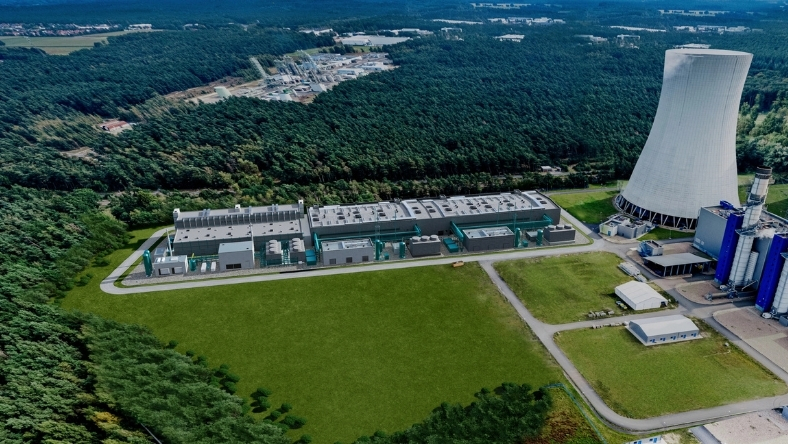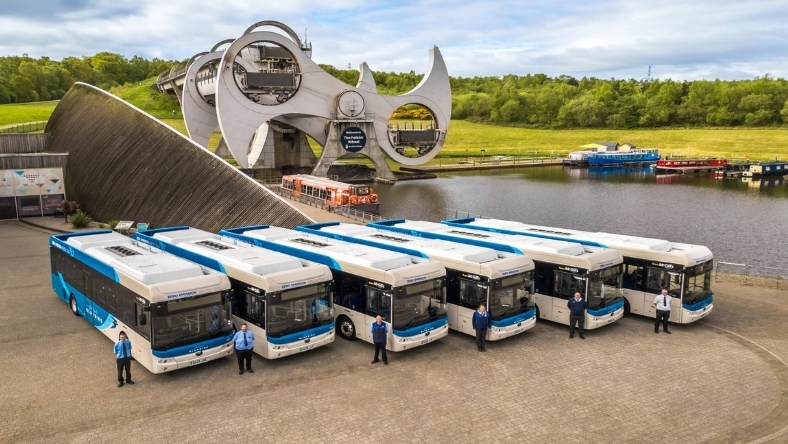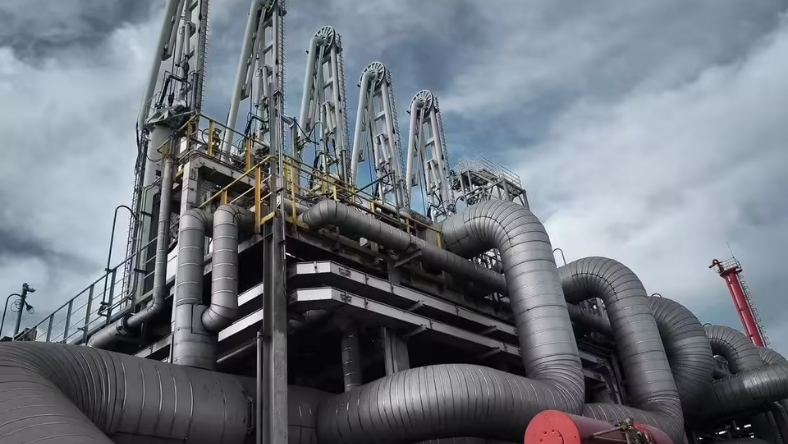RESEARCH
A French Upgrade for Green Hydrogen Efficiency
ADELE Hydrogen’s new electrode cuts power use, edging closer to affordable industrial-scale green hydrogen
13 Feb 2025

A French technology company has unveiled an innovation that could improve the efficiency and cost-effectiveness of green hydrogen, raising hopes for wider industrial adoption of the clean fuel.
ADELE Hydrogen, based in southern France, has developed a new electrode for alkaline electrolyzers that has achieved 69 per cent energy efficiency in lab and pilot tests, exceeding the European Union’s 2030 target and rivaling more expensive alternatives on the market. Electrolyzers are devices that split water into hydrogen and oxygen using electricity, and are a core component of green hydrogen production.
Alkaline electrolyzers are cheaper than proton exchange membrane (PEM) systems but generally less efficient. ADELE’s new Pathfinder electrodes are designed to close that gap while relying on commonly available materials, avoiding the rare metals that have added cost and complexity across the sector.
Electricity is the main expense in producing green hydrogen, so higher efficiency has the potential to lower costs significantly. That, in turn, could make hydrogen a more competitive alternative to fossil fuels in sectors such as steel, shipping and chemicals.
“We wanted to prove that you don’t have to choose between performance and affordability,” said Olivier Bucheli, an engineer at ADELE, during the European Electrolyser & Fuel Cell Forum in Lucerne. “This could unlock a new phase of industrial-scale hydrogen adoption.”
The development comes as Europe seeks to scale up hydrogen capacity in response to both climate targets and energy security concerns. The EU has pledged to install at least 100GW of electrolyzer capacity by 2030, and ADELE’s technology could offer an alternative to systems that rely on constrained or geopolitically sensitive supply chains.
The company’s electrodes were tested in partnership with laboratories in Prague and pilot facilities in France. Broader field trials are expected to begin later this year.
While commercial deployment remains some way off, ADELE’s breakthrough has drawn early interest from project developers and policymakers. If further testing confirms its performance at scale, the technology could help accelerate the shift towards low-carbon industrial processes across the continent.
Latest News
28 Jan 2026
Why One Electrolyzer Matters for Europe’s Energy Shift22 Jan 2026
Batteries Surge as Europe’s Bus Market Tips Electric21 Jan 2026
A Clearer Map for Europe’s Hydrogen-Fueled Future20 Jan 2026
UK Hydrogen Land Grab Begins as Hygen Buys HyBont
Related News

INNOVATION
28 Jan 2026
Why One Electrolyzer Matters for Europe’s Energy Shift

MARKET TRENDS
22 Jan 2026
Batteries Surge as Europe’s Bus Market Tips Electric

TECHNOLOGY
21 Jan 2026
A Clearer Map for Europe’s Hydrogen-Fueled Future
SUBSCRIBE FOR UPDATES
By submitting, you agree to receive email communications from the event organizers, including upcoming promotions and discounted tickets, news, and access to related events.